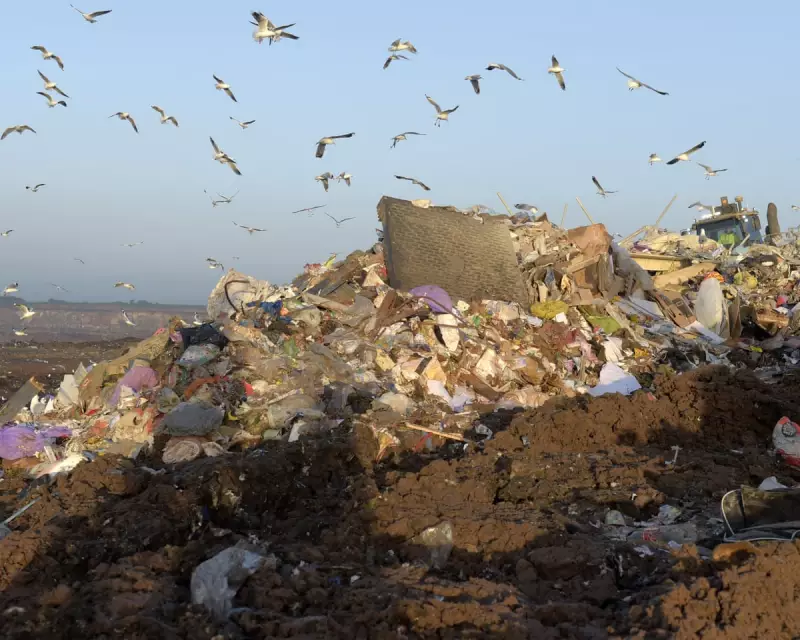
Victoria is embarking on a radical transformation of its waste management system, but the accelerated pace is igniting fierce debate among environmentalists, industry experts, and communities. The state government is fast-tracking the approval of energy-from-waste (EfW) facilities, a move it claims is essential to tackle a looming landfill crisis. Critics, however, decry it as a dangerous 'licence to burn' that could undermine recycling efforts and pose significant health risks.
The Burning Issue: A Race Against Time or a Rush to Judgement?
The cornerstone of Victoria's new approach is the Waste to Energy Framework. This policy shifts the regulatory power from the Environmental Protection Authority (EPA) to the Minister for Planning, effectively streamlining the approval process for major incineration projects. Proponents argue that with landfills rapidly reaching capacity and recycling markets in turmoil, EfW technology offers a necessary, modern solution to convert trash into electricity.
Yet, environmental groups and public health advocates are sounding the alarm. They contend that the government is moving too fast, bypassing crucial scientific scrutiny and community consultation in the process. 'We are sleepwalking into an incineration future,' one expert warned, fearing the creation of a dependent waste-burning industry that thrives on the continued production of rubbish.
The Clash: Economic Promise vs. Environmental Peril
The Government's Case:
- Crisis Management: Victoria faces a severe waste shortage, exacerbated by the 2019 China National Sword policy which halted imports of foreign recycling.
- Technological Advancement: Modern EfW plants are touted as being far cleaner than old-fashioned incinerators, with advanced filters capturing pollutants.
- Economic Boost: The projects promise job creation and a domestic solution for waste processing, turning a problem into a potential energy resource.
The Critics' Rebuttal:
- Recycling Under Threat: Burning waste competes directly with recycling for the same materials, potentially making recycling programs less economically viable.
- Toxic Emissions: Despite new technology, concerns persist over the release of nano-particles and other hazardous substances not fully captured by filters.
- Carbon Footprint: Incineration is a significant producer of carbon emissions, clashing with broader climate goals.
- Community Opposition: Proposed sites, like one in Portland, have faced intense local backlash over health and environmental fears.
A Global Precedent: Learning from the World's Mistakes
Opponents point to Europe as a cautionary tale. Nations like Sweden, often cited by EfW advocates, now import waste to feed their overbuilt incineration capacity, creating a perverse incentive to maintain waste levels. Closer to home, Sydney's contentious 'waste to energy' project serves as a nearby example of the heated debates and regulatory challenges these facilities provoke.
What Comes Next?
The Victorian government stands by its framework, emphasising that it includes the world's toughest emissions standards. However, the fundamental question remains: is this a pragmatic step towards a sustainable waste future, or a short-sighted policy that locks the state into a cycle of burning its way out of a problem? The speed of this 'revolution' suggests a definitive answer is still going up in smoke, leaving communities and environmentalists watching—and worrying—closely.





